Florian Jehn combines pragmatism with optimism when considering potential threats to human civilization.
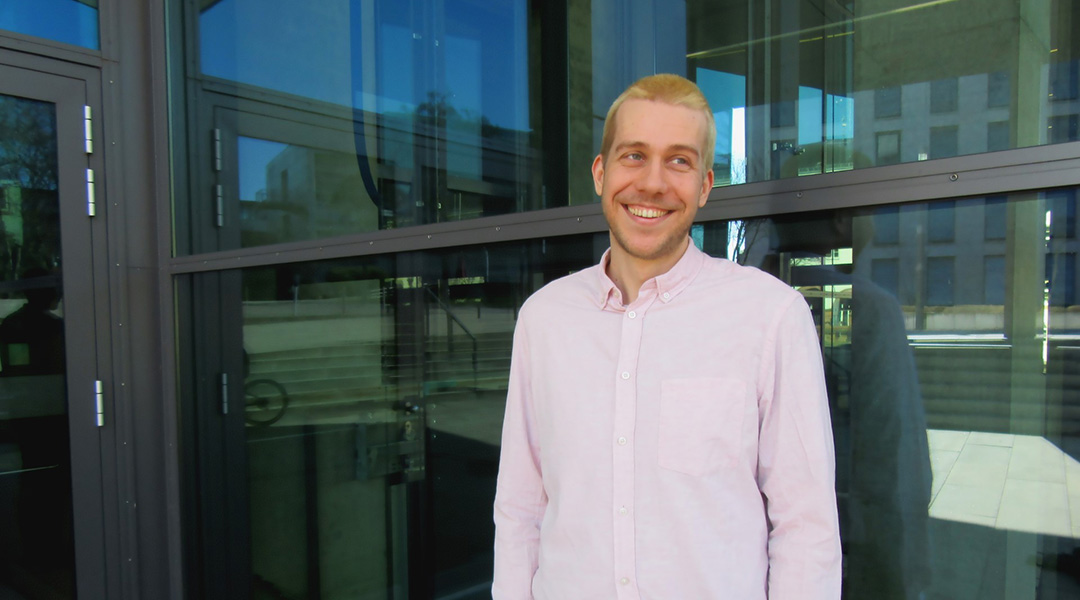

Florian Jehn combines pragmatism with optimism when considering potential threats to human civilization.

A pair of nuclear astrophysicists explore this question, assessing the risk of this outcome back when nuclear physics was still in its infancy.
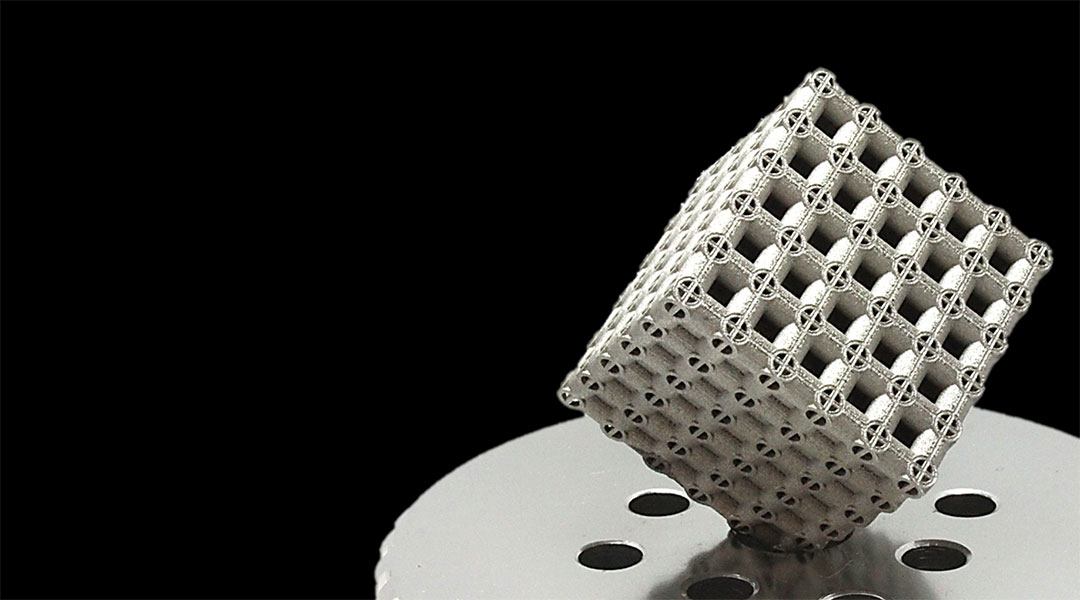
A groundbreaking titanium metamaterial with unparalleled strength and versatility could revolutionize manufacturing and high-speed aviation.
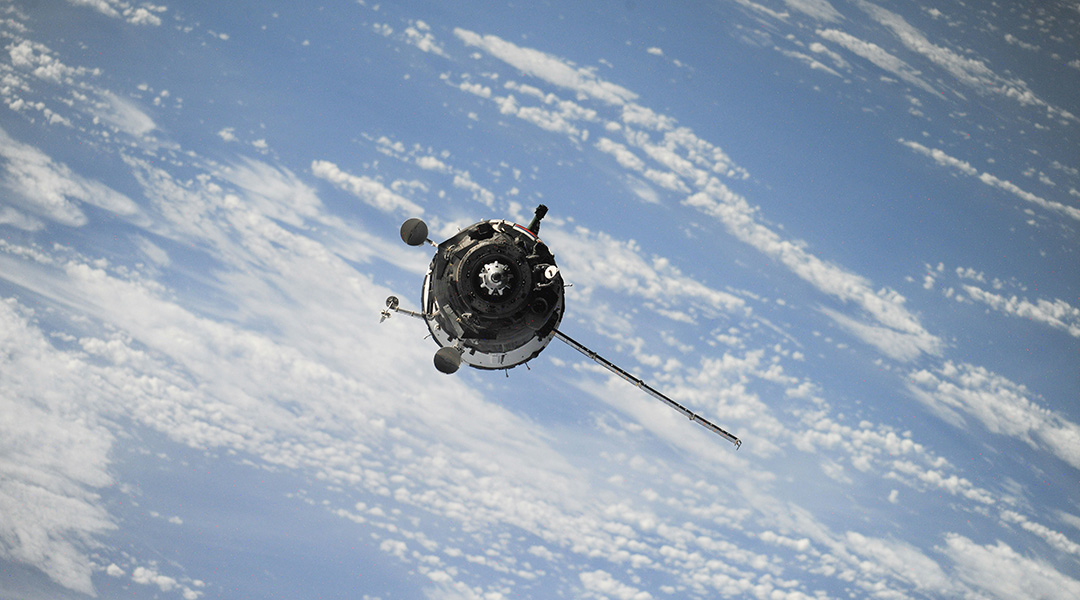
To develop medical treatments in space, scientists first need to understand how the body behaves in this foreign environment.
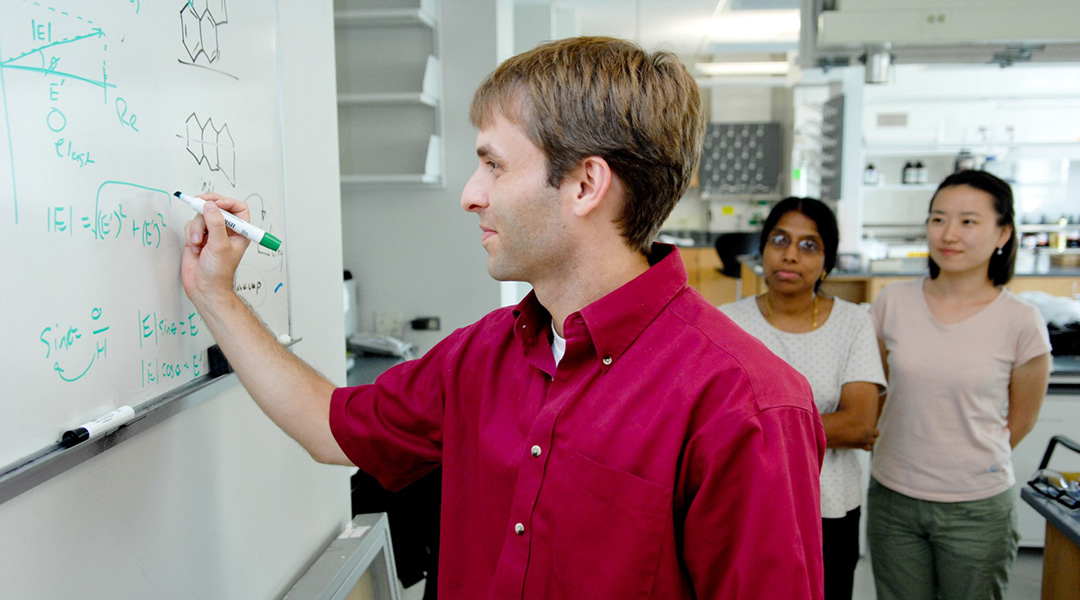
The chemical and biomolecular engineer delves into the versatile applications, surprising properties, and future possibilities of liquid metals.
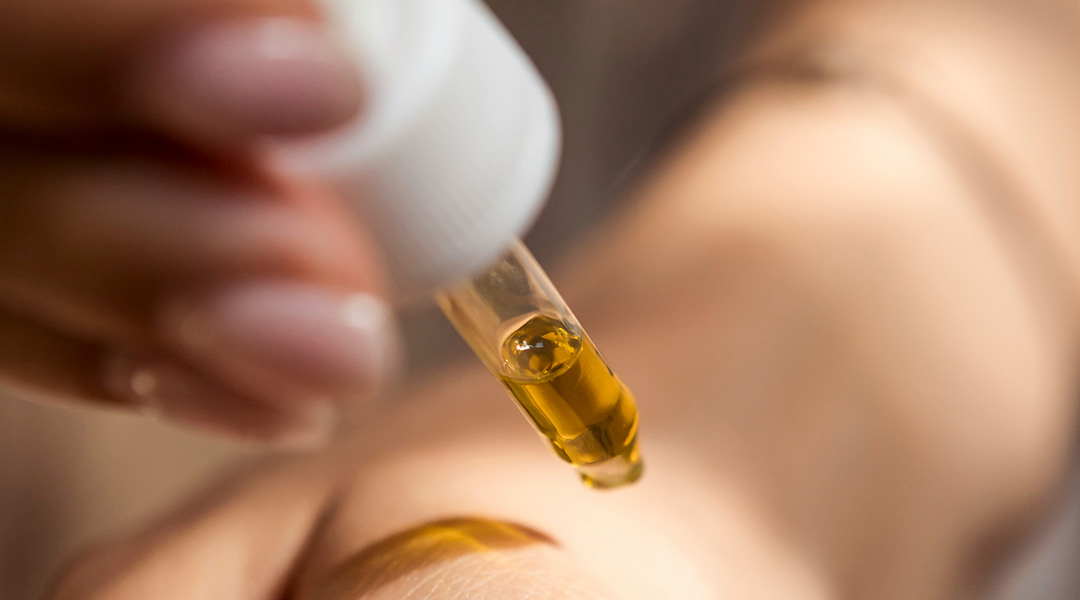
An active compound extracted from Angelica Acutiloba effectively eliminates harmful senescent cells in the dermis, with anti-aging benefits.
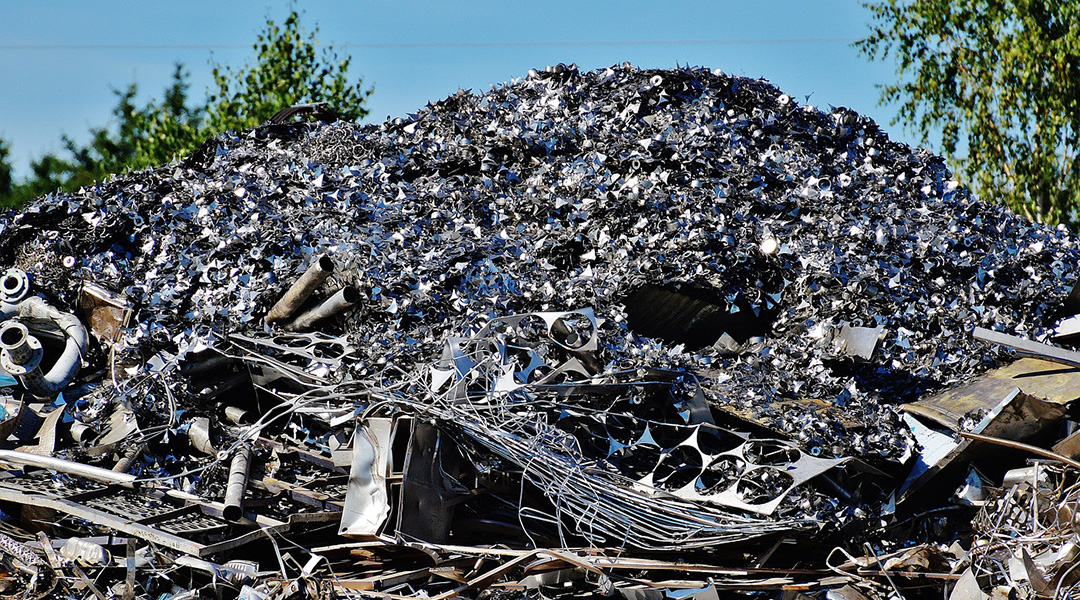
Researchers are tackling the growing problem of electronic waste by designing wearable electronics from sustainable and recyclable materials.
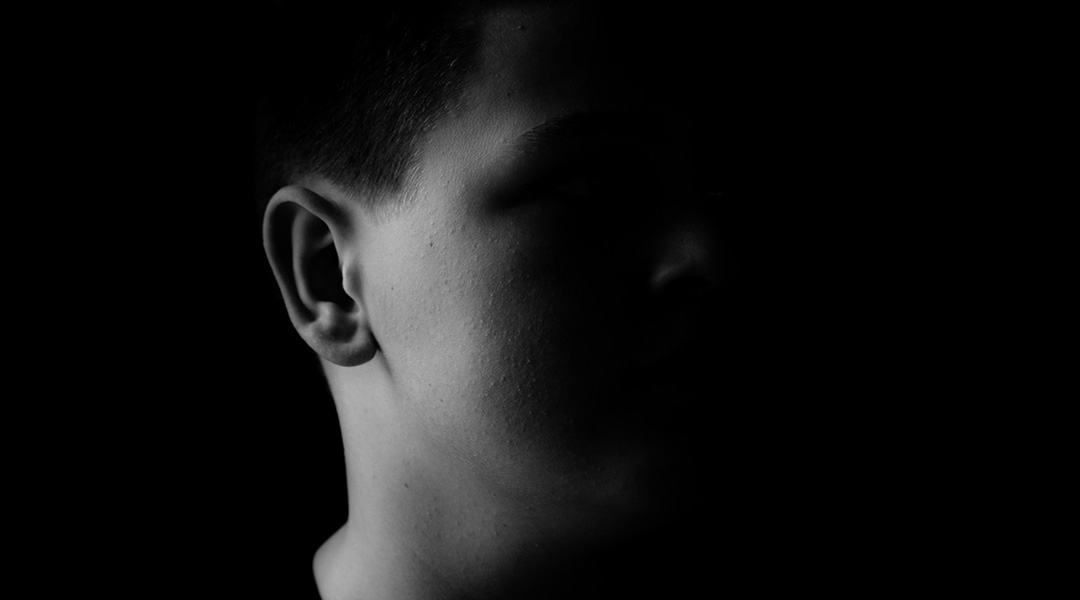
Gene therapy restores hearing in children with hereditary deafness; ongoing trials show promise for widespread application.
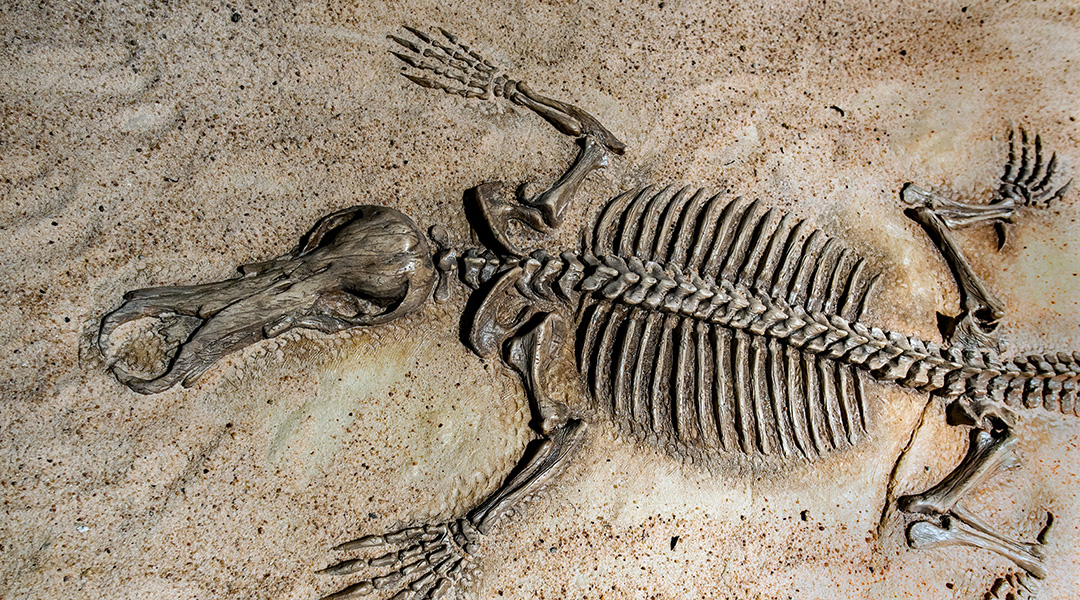
A new theory suggests dinosaurs’ impact on early mammals’ evolution may explain variations in aging among present-day animals.
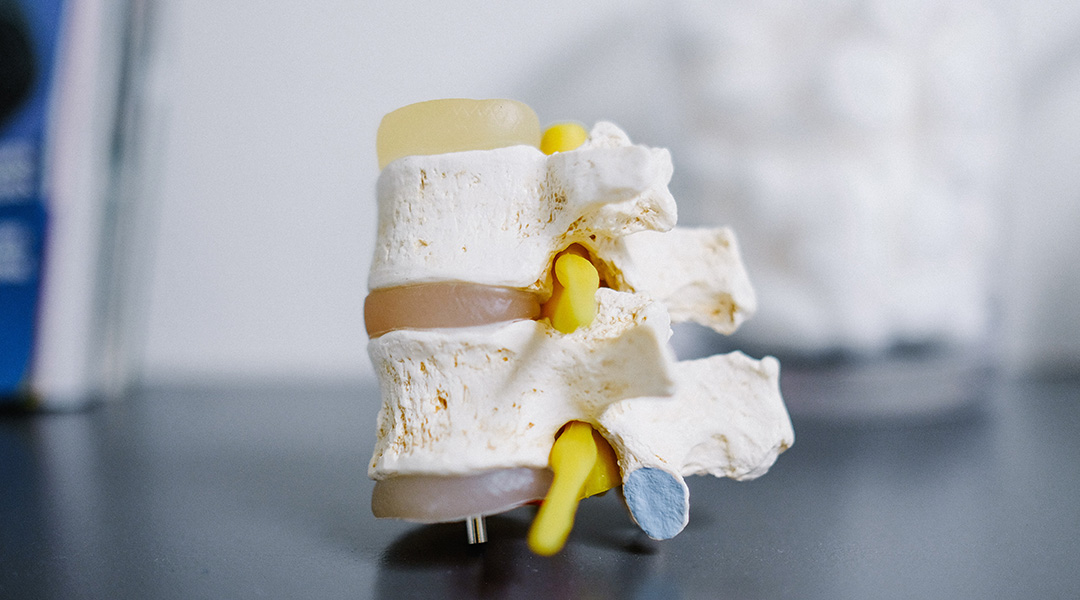
Scientists unravel how an inconspicuous peptide found in the spine may reverse disc degeneration to one day help treat chronic low-back pain.